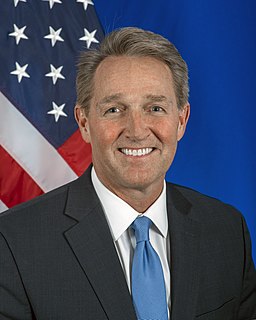A Quote by Edward Heath
Protectionism is the institutionalization of economic failure.
Quote Topics
Related Quotes
Notwithstanding what some regard as the institutionalization of compassion, the transfer society quashes genuine virtue. Redistribution of income by means of government coercion is a form of theft. Its supporters attempt to disguise its essential character by claiming that democratic procedures give it legitimacy, but this justification is specious. Theft is theft, whether it be carried out by one thief or by a hundred million thieves acting in concert. And it is impossible to found a good society on the institutionalization of theft.
Nations are political and military entities, and so are blocs of nations. But it doesn't necessarily follow from this that they are also the basic, salient entities of economic life or that they are particularly useful for probing the mysteries of economic structure, the reasons for rise and decline of wealth. Indeed, the failure of national governments and blocs of nations to force economic life to do their bidding suggests some sort of essential irrelevance.
I think the Respublican party's lost its way. We have given into nativism and protectionism. And I think that, if we're going to be a governing party in the future, and a majority party, we have got to go back to traditional conservatism, limited government, economic freedom, individual responsibility, respect for free trade. Those are the principles that made us who we are.








































